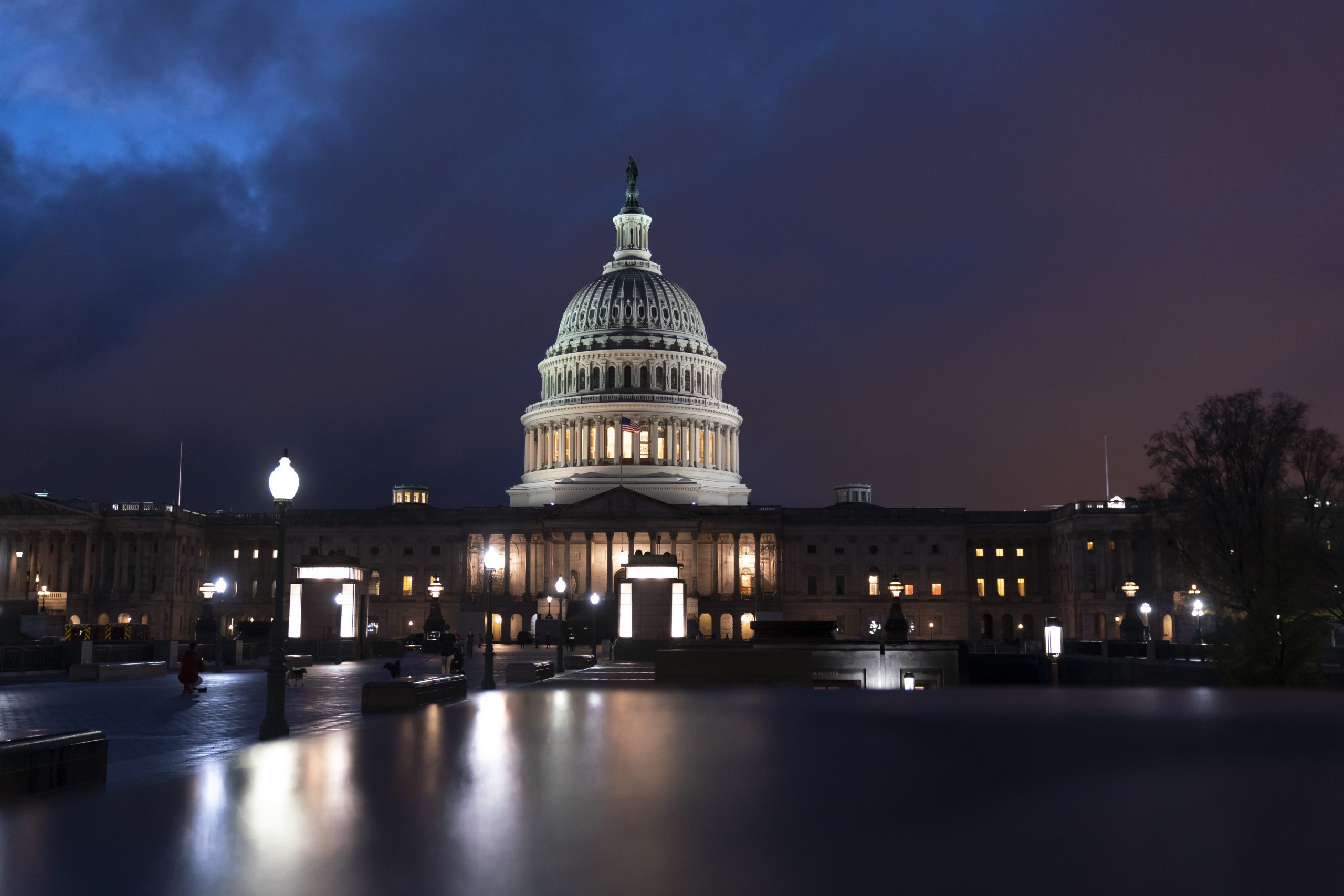The 2024 presidential election campaign has commenced, with clear frontrunners in both the Democratic and Republican parties. The potential candidates face critical issues such as reproductive rights, immigration, the economy, and global conflicts. Despite ongoing controversies surrounding sustainability, it remains a peripheral topic in this election cycle.
Democrats are likely to highlight achievements like economic recovery from the pandemic, legislative wins such as infrastructure investments, and efforts to control greenhouse gases. They’ll portray these actions as advancing environmental equity, positioning them as investments for the future. Meanwhile, Republicans are expected to critique Democratic plans, emphasizing market forces and opposing what they view as burdensome environmental regulations.
As the campaign unfolds, both parties need to navigate potential pitfalls. Inauthenticity, focusing on processes over outcomes, and removing popular products from the market could alienate voters. Clarity in communication is essential, with complex terms replaced by simpler language to ensure broad understanding and connection with voters.

Building Voter Support for Sustainability Amid Political Polarization (Credits: The Hill)
Assumptions about the electorate and suggested messaging are crucial considerations. Voter engagement on issues like reproductive rights, climate change, and societal equity indicates areas of concern for different demographics.
Advocates should focus on messages like “Vote!” “Protect essential freedoms,” “Save the future,” and “Work together” are tailored to resonate with specific voting blocs while emphasizing core values and collaborative efforts.
Communication on specific sustainability issues like biodiversity, ESG, and regulatory policies will be essential, particularly in appealing to engaged voters. Positioning these initiatives within broader messaging strategies can attract independent voters and motivate those already engaged in these topics.
Overall, the 2024 election presents an opportunity for sustainability advocates to leverage voter engagement and prioritize messaging that resonates with the electorate’s concerns, ultimately shaping political momentum and influencing policy outcomes.























